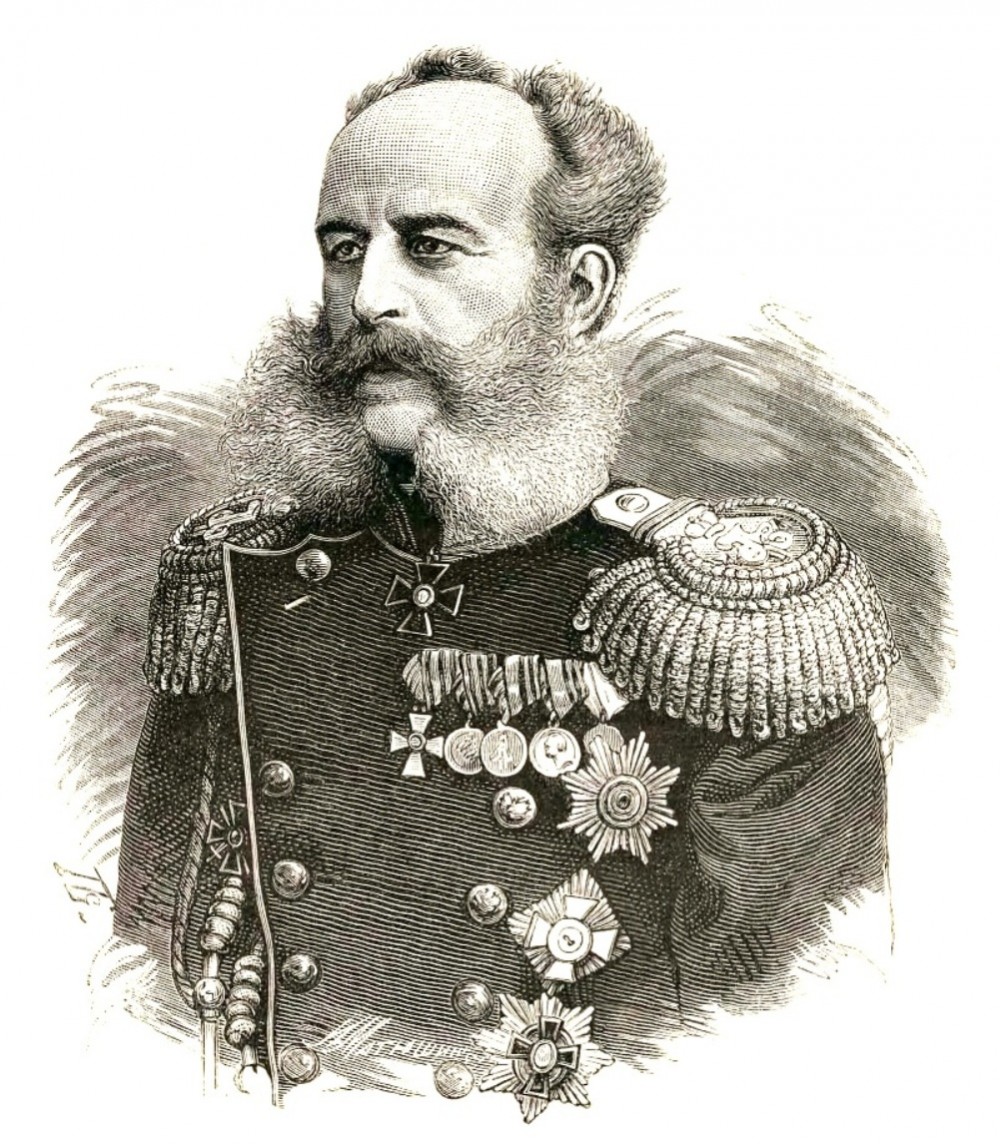
Ataman Nikolai Ivanovich Svyatopolk-Mirsky came under harsh criticism, targeted by his contemporaries from the liberal camp, as a persecutor of enlightenment who “has failed to completely abolish science, but not thanks to the lack of enthusiasm.” On the other hand, today's historians urge the academic community to re-assess the figure of the ataman who contributed to opening several new educational institutions on the Don. In our paper, we tried to throw light on the situation by deliberately focusing on the policy of N.I. Svyatopolk-Mirsky in education. As a result, we found out that numerous close-downs of gymnasiums, initiated by the ataman, and reduced number of students can be explained not so much by political considerations but by criminal and educational reasons, and the process began after 1885, when a gymnasium principal fled Novocherkassk following an attack by his students. At the same time, instead of closed gymnasiums, N.I. Svyatopolk-Mirsky established technical and vocational schools that were long urgently needed. Our primary conclusion is that although N.I. Svyatopolk-Mirsky pursued a logical and reasonable educational policy in general, he made a number of mistakes — he excessively cut enrolment in gymnasiums and failed to provide the region with graduates from the network of vocational schools he created.
Source: Artyom Yu. Peretyatko, Teymur E. Zulfugarzade (2019). Education Reforms in the Don Region in 1880–1890 and Host Ataman Prince N.I. Svyatopolk-Mirsky. European Journal of Contemporary Education. 8(1): 229-239
Source web-site: http://ejournal1.com/journals_n/1553685431.pdf
Number of views: 3203